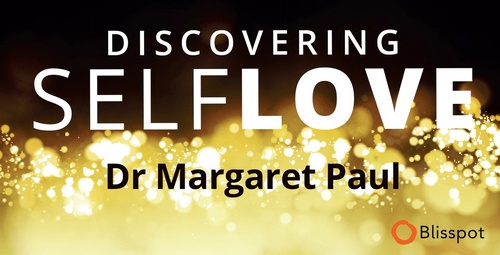How do you respond when you feel that your friend, family member, or partner is trying to control you? Do you counter by trying to control them—giving yourself up, resisting, getting angry, blaming or withdrawing?
How does the other person respond to your response? Does he or she respond with more controlling behaviour—indifference, resistance, defending, anger, blame or compliance?
Do You End up Feeling Connected with Each Other?
Take a moment right now to tune inside and see what is really happening when you protect yourself with avoidant, controlling behaviour.
- Are you feeling alone and lonely?
- Do you feel empty inside, desperate to feel some love within?
- Do you long to connect with your friend, family member or partner, but you become protected and controlling when fearing or experiencing disconnection with them due to their controlling behaviour?
What if you saw your own controlling behaviour and the controlling behaviour of others as a cry for connection? Would this make it easier for you to have compassion for yourself and the others in your life?
Connection with Others
We all yearn for connection with others, especially when we didn’t get the connection we needed as babies and young children. This is generally what infatuation is about: we feel connected with the other person and it takes away our loneliness. And the feeling of connection is deliciously wonderful! But if you have not done the inner work of learning to connect with yourself and your guidance, then you may become afraid of losing the connection with the person you are infatuated with. Then you might resort to your learned avoidant controlling behavior, either in response to your own fear, or in response to the other’s controlling behavior. Then, of course, you lose the connection and end up feeling lonely and alone. You might even conclude that you picked the wrong partner.
But what if you stayed connected with yourself and compassionately felt the deeper feelings of loneliness, heartache, heartbreak, and grief if your partner disconnects from you with their protective, avoidant, controlling behaviour? What if you were connected with yourself enough so that you did not scare yourself with the notion of losing your partner, to the point of becoming protected and controlling in response to your own fears? What if you recognized how much we all love to feel connected with each other, and stayed connected with yourself, so that you could keep your heart open to your own feelings and the feelings of your partner?

What Do You Think would Happen with the Relationship?
In some relationships, you might quickly discover that your friend, family member, or partner is completely unwilling to feel his or her own painful feelings and learn to take responsibility for them, and that there is not much hope of sustaining connection. In other relationships, you would discover that the more open and loving you are, the more open and loving your partner, friend or family member is—that they want to connect as much as you do and are willing to learn what they need to do to support a connected relationship.
I encourage you to see your own and others’ controlling behavior as a cry for connection. And I encourage you to learn and practice the powerful Six Steps of Inner Bonding. The intent to learn with yourself and others is the most profound path to connect with yourself and with your partner, friends, and family members.








